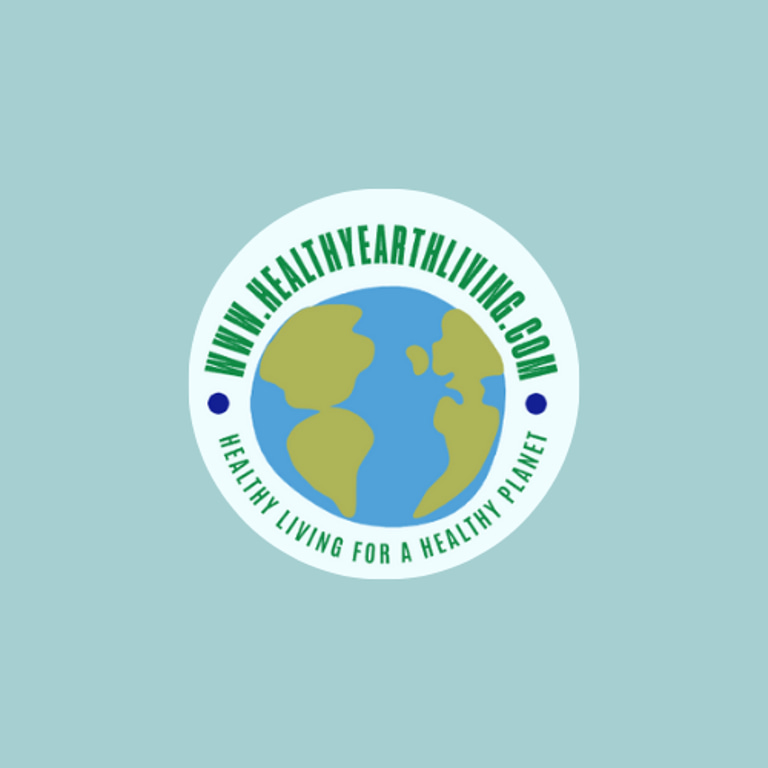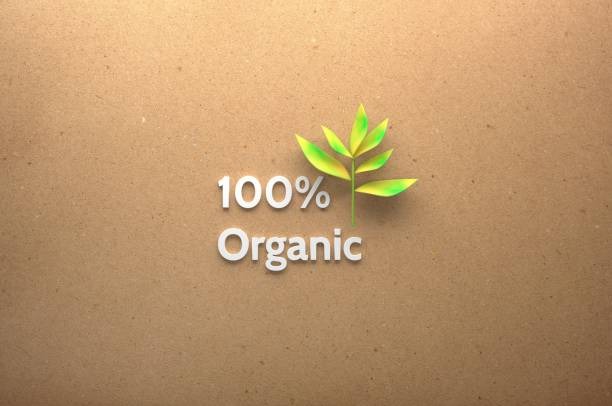Organic Eating: Good for You, Great for the Planet!
Janelle Salo RN
11/24/20246 min read
Key Points
Organic food is grown without harmful pesticides or GMOs, offering safer, nutrient-rich options for your health.
Choosing organic supports eco-friendly farming practices, preserving biodiversity and reducing pollution.
Investing in organic food contributes to a sustainable future while supporting local farmers and communities.
How Eating Organic Supports Personal Health and Environmental Sustainability
Eating organic is like giving your body and the planet a big high-five! Organic food is grown without harmful chemicals, which means it’s better for your health and safer for the environment. Choosing organic helps protect wildlife, keeps soil and water clean, and supports farmers who care about the Earth.
What Does 'Organic' Mean?
Organic means food that’s grown the natural way, without harmful chemicals like pesticides or synthetic fertilizers. (1) It also means no GMOs (genetically modified organisms), healthier soil, and farming practices that are kinder to the Earth. (2) Organic is all about keeping it real for your body and the planet!
Certified Organic Food Standards
Certified organic means food meets strict guidelines to ensure it’s grown and produced naturally. (3) This includes avoiding harmful chemicals, GMOs, and synthetic additives while following eco-friendly practices. It’s like a stamp of approval that guarantees the food is as clean and natural as it gets.
Organic Farming Benefits
Organic farming does so much more than grow food; it helps the planet! By avoiding harmful pesticides and focusing on healthy soil, it supports cleaner water, protects wildlife, and reduces pollution. Plus, it’s better for farmers and their communities, creating a healthier future for everyone.
What Makes Food Organic?
For food to be organic, it needs to be grown without synthetic pesticides, fertilizers, or GMOs. (4) Animals must be raised humanely, with access to the outdoors, and without antibiotics or growth hormones. In short, organic food is grown and produced the way nature intended.
Key Differences Between Organic vs. Conventional
The biggest difference between organic and conventional food is how it’s grown. (5) Organic food is grown without synthetic chemicals, GMOs, or artificial fertilizers, while conventional farming often uses those to grow crops faster and cheaper. Organic farming also focuses on taking care of the soil, water, and animals, making it better for the environment and your health.
The Health Benefits of Eating Organic
Nutritional advantages of organic food
Organic food often packs more nutrients, like antioxidants, that help keep your body healthy and strong. (5) Plus, it doesn’t come with the extra baggage of harmful pesticides or additives found in some conventionally grown foods. It’s like fueling your body with clean, natural energy instead of processed junk.
Organic food is loaded with benefits, like higher levels of antioxidants, which help protect your body from damage and keep you feeling your best. Studies show that organic strawberries and spinach, for example, can have up to 20-40% more antioxidants than their conventional versions. (6) Plus, eating organic means less exposure to harmful pesticides, so you’re putting cleaner, healthier food into your body.
Common health concerns related to conventional food
Conventional food often comes with health concerns due to the use of synthetic pesticides, which can leave residues on fruits and vegetables. (7) Over time, exposure to these chemicals has been linked to issues like hormone disruption and even certain diseases. Plus, conventional meat and dairy may contain antibiotics or hormones, which some studies suggest can affect your health in the long run. (8)
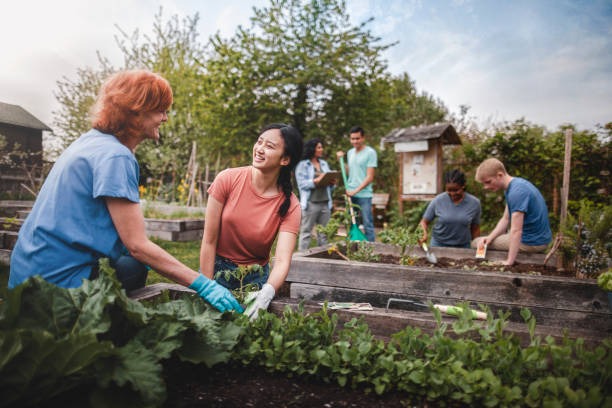

How Eating
Organic Protects Our Planet
How organic farming supports biodiversity and reduces pollution
Organic farming helps biodiversity thrive by creating safe habitats for insects, birds, and animals without harmful pesticides or chemicals. For example, organic fields often attract more bees and butterflies, which are super important for pollinating plants. It also reduces pollution by avoiding synthetic fertilizers that can run off into rivers and harm water ecosystems, keeping our planet healthier and cleaner!
The importance of soil health and water conservation
Soil health is like the foundation of all farming, and organic practices keep it strong by using compost and crop rotations instead of harsh chemicals. (9) Healthy soil grows healthier plants and stores more carbon, helping fight climate change. Organic farming also conserves water by improving soil’s ability to hold moisture and avoiding pollution from chemical runoffs, protecting clean water for everyone.
The Role of Organic Food in Supporting Local Communities
Benefits of choosing local organic produce
Choosing local organic produce means you’re getting fresher, tastier food since it doesn’t have to travel far to reach your plate. It also supports farmers in your community, helping them continue eco-friendly practices that protect the environment. Plus, buying locally reduces the carbon footprint from transportation, making it a win for you and the planet!
Overcoming Common Myths About Organic Food
Cost and Availability
A common myth is that organic food is always too expensive, but there are ways to eat organic on a budget. Buying in-season produce, shopping at farmers' markets, or choosing local organic options can help lower the cost. Plus, many stores now offer affordable organic choices, making it easier to incorporate more organic foods into your diet.
Organic Certification and Labeling
Some people wonder if organic labels are just a marketing gimmick, but organic certification is actually a strict process that ensures the food meets high standards. The "Certified Organic" label guarantees that the food is grown without synthetic pesticides, GMOs, or harmful chemicals, giving you peace of mind that it’s truly natural. (10)


Simple Tips for Going Organic
The Dirty Dozen and Clean Fifteen Lists
If you’re looking to go organic without breaking the bank, start with the Dirty Dozen, a list of 12 fruits and veggies that have the most pesticide residues. These are the ones you’ll want to buy organic whenever possible. On the flip side, the Clean Fifteen list features produce that has lower pesticide levels, so you can feel good about buying conventionally grown options for these. (11)
The Dirty Dozen
This list includes 12 fruits and vegetables that tend to have the highest levels of pesticide residues. These are the ones it’s most important to buy organic to minimize exposure to chemicals:
Strawberries
Spinach
Kale, collard, and mustard greens
Nectarines
Apples
Grapes
Peppers
Cherries
Blueberries
Green beans
Lettuce
Potatoes
The Clean Fifteen
Avocados
Sweet corn
Pineapples
Onions
Papayas
Frozen sweet peas
Eggplants
Asparagus
Broccoli
Cabbage
Kiwi
Cauliflower
Mushrooms
Honeydew melon
Cantaloupe
Look for Local Farmers’ Markets and Organic Grocery Options
Farmers’ markets are a great way to find fresh, local organic produce, often at better prices than grocery stores. Plus, many organic grocery stores or co-ops offer a wide variety of affordable organic foods, so check them out for a one-stop shop for all your organic needs.
The Bigger Picture: Why Eating Organic Matters
Dual impact on health and the environment
Eating organic isn’t just about making healthier choices for yourself; it’s about benefiting both your body and the planet. Organic food is grown without harmful chemicals, which means fewer toxins in your body while also supporting farming practices that protect soil, water, and wildlife. (12) By choosing organic, you're also helping to combat climate change, preserve biodiversity, and create a more sustainable food system.
Think of organic choices as an investment in the future
Every time you choose organic, you're voting for better farming practices, cleaner air and water, and a world where both people and nature thrive together.
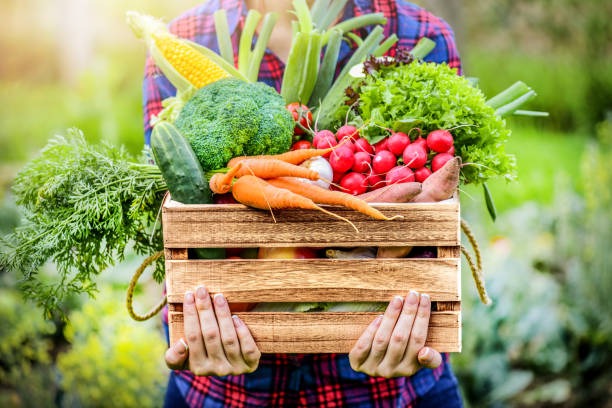

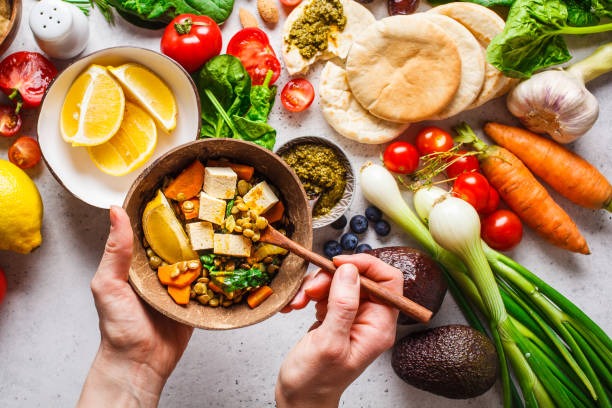

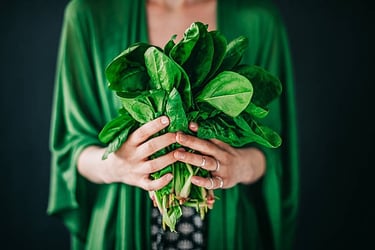
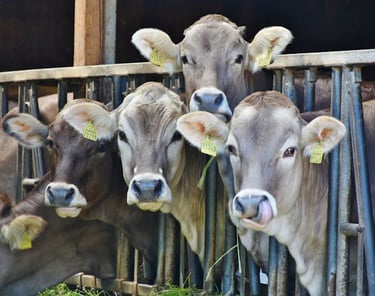



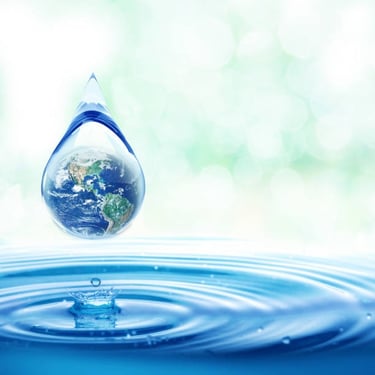


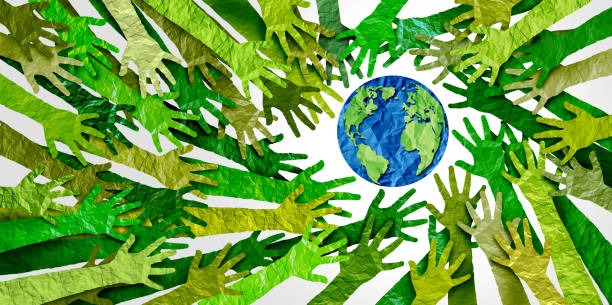

Final Thought
In the end, eating organic is a win-win for both your health and the environment. By choosing organic foods, you're not only reducing your exposure to harmful chemicals but also supporting farming practices that protect our planet’s soil, water, and biodiversity. Plus, buying organic helps support local farmers and communities.
So why not take the first step toward a healthier lifestyle today? Explore local organic options near you and make a positive change for yourself and the planet!
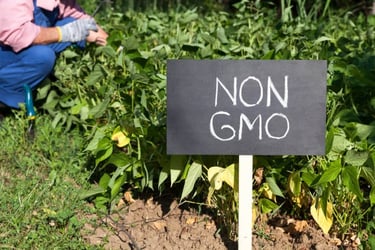
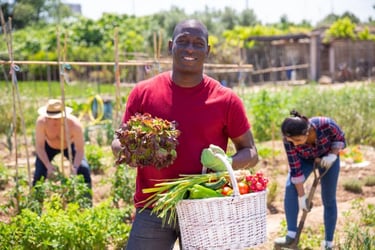






© 2025 Salo Content Writing LLC, all rights reserved
Join the Movement for a Healthier Planet! 🌿
Subscribe now and get your FREE Sustainable Living Checklist! Plus, enjoy weekly articles and delicious plant-based recipes straight to your inbox. Let’s make sustainable living simple and inspiring, one email at a time! 💚✨
